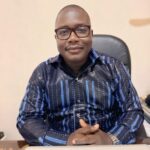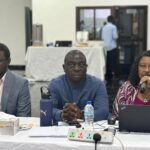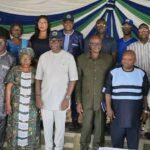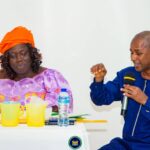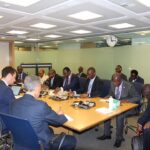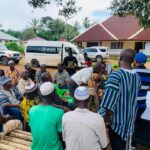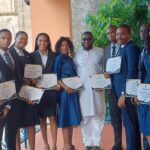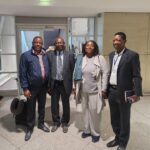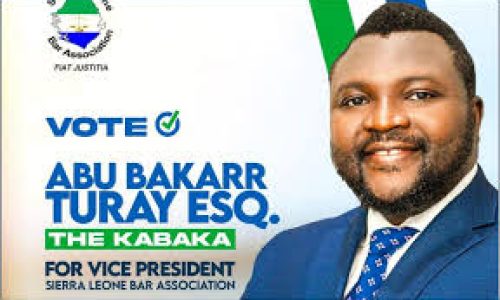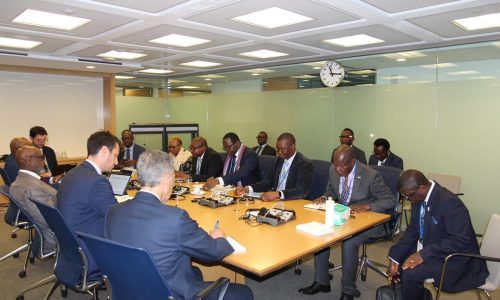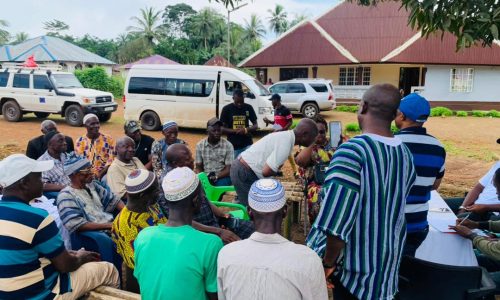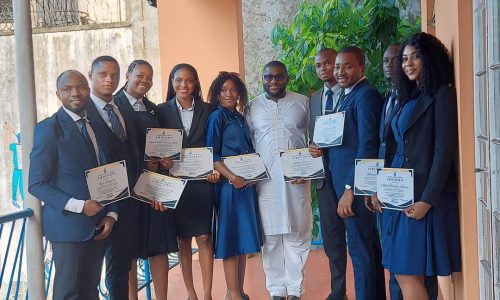CORRUPT LEADERS AND PRESIDENTIAL IMMUNITY: A CASE FOR THE SUPREME COURT OF SIERRA LEONE
By: Sylvester Ekundayo Shaw A sacred respect for the constitution is the vital principle and sustaining energy of a free country. One of the greatest achievements of our constitutional order has been to protect and safeguard the rights of its citizens. It has done so by providing a framework of checks and balances which enable us to protect them at all times. The most important check, however , is that which lies in the conscience of each individual and the principle which enable citizens to exercise their rights. We cannot expect the freedom of speech or of assembly to be unlimited if it is to mean anything at the expense of others, or at any cost. Every individual is responsible for his own actions, whether he has the power to do so or not. He is bound to use his best efforts to prevent the wrongs of which he is aware. There are certain incidental powers belonging to the executive arm of government which are necessarily conferred to it by the people; but these are not absolute. They are subject to such limitations as are prescribed by their nature and by general rules of law. However, the power to perform and execute the duties of the office of the president without any obstruction or impediment whatsoever precludes him from been tried in any civil or criminal proceeding against his person in respect to anything done or omitted to be done by him either in his official or private capacity pursuant to S 48 (4) of the 1991 constitution of Sierra Leone Act No. 6 of 1991 herein after referred to as the constitution. This privilege does not place the president above the law; h/she can be held accountable for their actions after leaving office, and can be impeached to hasten this as provided for in section 51 (5) of the constitution. The president is not imperial, his special status is ultimately traceable to the rights of the ordinary Sierra Leonean and the immunity he enjoys while in power belongs to the office and not the individual per se. In the case of Ahmed Tejan Kabba v Firetex Company (S.L) LTD 1996, Hon. Justice A.B Timbo, J.A. in his ruling stated that “…all that section 48 (4) of the constitution has done, in my opinion, is to confer immunity on the Head of State, whilst he holds that office, against criminal of civil proceedings in respect of anything done or omitted to be done by him whether in his official or private capacity…” With special emphasis on the words ‘whilst in office’, it is only right that the section be interpreted as such. In my opinion, former presidents are unconnected and unrelated to the privileges conferred on the president whilst in office and a recent case in reference is the corrupt trial of the former president of South Africa, former U.S President Donald Trump and the former president of Brazil. Though the jurisdictions maybe different and laws diverse, it is however noteworthy that there are international precedents on matters of such nature. It is obvious that any corrupt officials will freely commit to embark on gross corruption and misconduct while in office and rely on section 48 (4) for absolute immunity should the scope of the section be interpreted to include former holders of the office. Thus, we can only pray that the supreme court, which has the jurisdiction, aid in interpreting the aforesaid section as provided for in section 124 (1) of the constitution.


